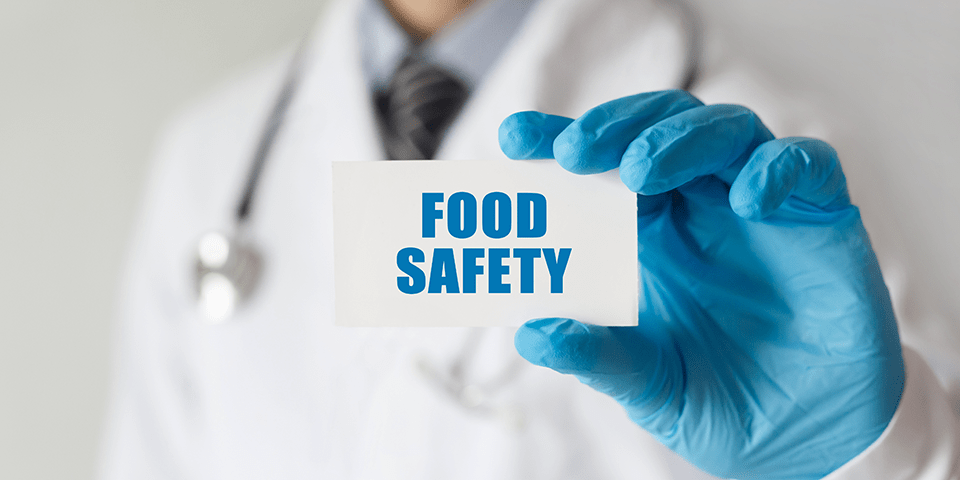Australia has seen an “alarming growth” in food recalls, says SAI Global.
According to the company, 106 recalls took place in 2018-19, compared with 81 in 2017-18 and 61 in 2016-17.
SAI Global points to weak supply chain management as a primary cause. It urges food manufacturers and retailers to put in place robust food safety management systems to reduce supply chain risks.
“Food has never been a more global, fast-moving and complex market than it is today,” SAI Global food safety spokesperson Maidie Wood said.
“When a food crosses borders of any kind, the familiar health and safety risks are joined by several others, including intentional and inadvertent adulteration, product mislabelling, substitution, spoilage due to any unforeseen circumstance, damage while in transit and unpredictable politics and shifts in regulations.
“Food manufacturers need to be continually rethinking their controls, monitor their indirect suppliers and implement key performance indicators to manage downstream supply risks.”
Tips from SAI Global
SAI Global reveals six ways food businesses can reduce food safety risks in their supply chain.
- Always listen to the consumer. Consumers increasingly care about where their foods come from, says SAI Global, and are demanding high ethical standards when it comes to the sourcing and manufacturing of food. As organisations are increasingly being held publicly accountable for the poor ethical activities of their first, second, third, and even fourth tier suppliers, staying close to consumers’ needs is now critical to their success, explains the company.
- Use technology to build greater transparency. As technology is connecting food manufacturers and retailers to more suppliers than ever, it is essential they are aware of the risks, warns SAI Global.
- Set key performance indicators for suppliers. As tracking performance is key to improving it, a good idea is to motivate suppliers to strive for excellence, says SAI Global.
- Monitor indirect suppliers. It can be a challenge, says SAI Global, to document the end-to-end supply chain – and manufacturers who can source from anywhere are at greater risk of losing control of their supplier relationships. SAI Global believes this is where monitoring of indirect suppliers is important.
- Implement a supplier diversity management program. SAI Global says supplier diversity management – the process of creating a diverse supply chain to secure the inclusion of different groups – is an increasing focus among food companies looking to move from the ‘preferred supplier’ model to a ‘multi-supplier’ relationship model.
- Get food safety training and certification. Although it’s a legal requirement that all food handlers in Australia are trained in food safety, says SAI Global, more in-depth Food Safety Supervisor training, such as HACCP certification, is best practice but not mandatory. SAI Global, however, believes the benefits of this training far outweigh the risks.





